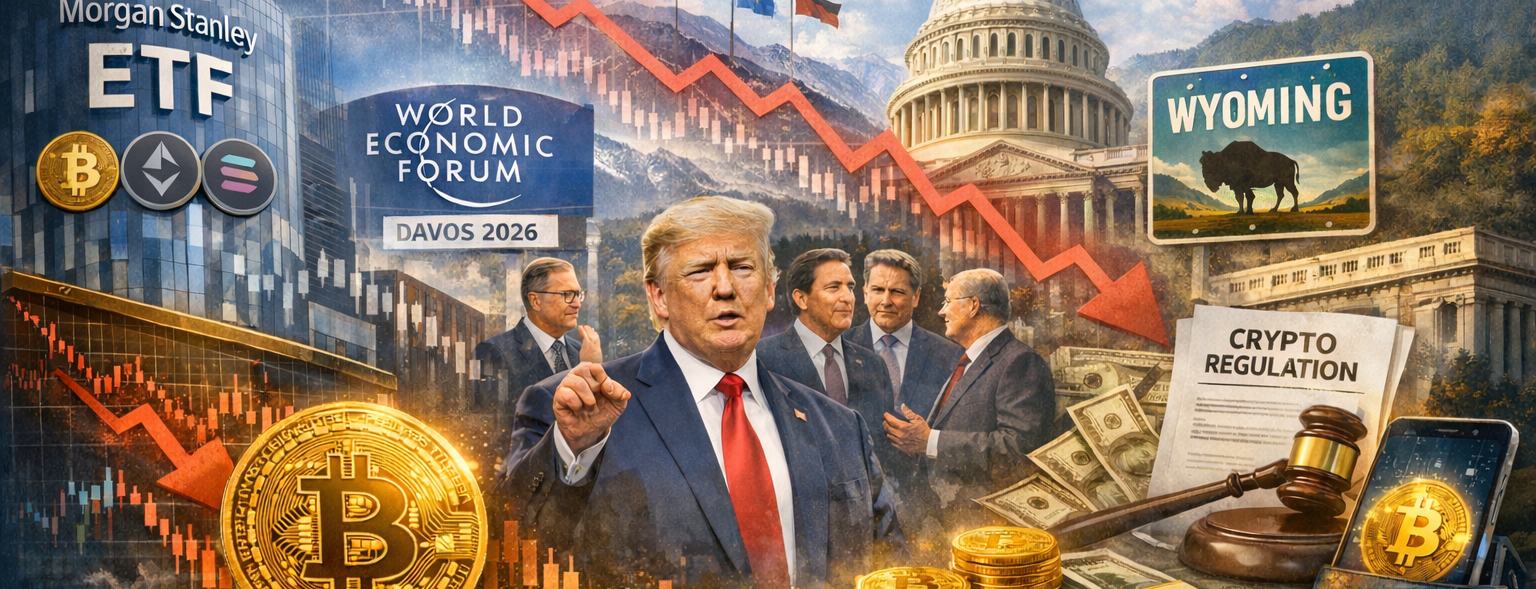
Gresham’s law is an old theory in economics stating that bad money drives out good money. This economic phenomenon has been observed many times in history around the globe, from ancient Greece to modern times. Another economic theory states completely the opposite. According to Thier’s law good money drives out the bad money. Usually Gresham’s and Thier’s laws have been attached to coins made out of precious metals, but can they also apply to digital money like Bitcoin, and which of the laws is correct?
History of Gresham’s law
Gresham’s law can more accurately be defined as an observation, that when two currencies are the same value as legal tender, the currency with lower inherent value (bad money) will drive the currency with higher inherent value (good money) out of the circulation, because people will hoard the money with higher value to themselves. Legal tender means that payments with that currency must be accepted, so its useability is backed with law. In history this kind of gap between the value of two currencies has usually occurred between two metal coins, when the issuer of the money has decided to lower the proportion of the precious metal in the coins. When there have been two coins valued to the same price according to law circulating, but with the other having higher inherent value due to precious metal it contains, people have used the lower value coins for payments and used the higher value coins for savings. These kinds of events have been multiple in history from ancient Greece, where silver coins gradually turned into copper coins, to several countries, like the United States, in the last century, where metals used for coins were switched from precious metals to cheaper metals.
Thier’s law
As stated above, Gresham’s law has been observed many times in multiple independent situations. Can Thier’s law be valid at the same time then? Thier’s law usually becomes valid when the bad money permanently loses its credibility and value relative to the good money. This kind of development usually happens to currencies suffering from hyperinflation, which makes using them nearly impossible. Many may remember the pictures from history books where people used wheelbarrows to move money around in Germany, or the news about how the measuring of money changed from accounting the money to weighing it in Venezuela. In these kinds of situations merchants will stop accepting the bad money and demand good money in exchange for their goods.
Examples from recent history
On a smaller scale Gresham’s law can be observed in commemorative coins, which will disappear from circulation to peoples’ collections. This example also proves that Gresham’s law will also affect currencies, whose value comes from something else than from the precious metals they contain. Another example from recent history is the dollarisation of multiple different countries. This starts to happen when the country’s own currency suffers from high inflation, which leads to people using more stable currencies like the U.S. dollars or euros. Usually at first people keep their savings in these more stable currencies and try to use the currency with higher inflation for their everyday purchases. Gresham’s law is thus valid also between fiat-currencies.
As the inflation keeps accelerating, Gresham’s law begins to turn towards Thier’s law. First signs of this are often when merchants begin giving discounts for purchases made with good money. Gradually the use of good money becomes more common, and it begins to circulate again in the economy. Eventually as inflation destroys the credibility and value of the bad money, merchants will stop accepting it and demand payments in the good money. This will break the bad money’s value as legal tender because merchants will see breaking the law less damaging than accepting the bad money.
Thier’s law usually becomes dominant in the event of hyperinflation. These kinds of developments have been seen in for example in Zimbabwe, where people even resorted to bartering, when the Zimbabwean dollar became impossible to use. Countries usually have to replace their currency with more stable currency, like the U.S. dollar, when the inflation goes to this point. There are many countries where dollarization has gone this far, like for example Ecuador, Zimbabwe, and El Salvador.
Is Bitcoin good or bad money?
Is Bitcoin good or bad money according to these theories? Bitcoin is a relatively young currency so it cannot yet be categorised to either with certainty. However, a strong assumption can be made based on Bitcoin’s properties. As discussed above, money usually turns bad because of inflation. Reducing precious metals portions in coins so that more can be created, reckless money printing, and massive stimulus measures from the central banks to the banking sector. All of these will destroy value from the money already circulating, which makes it impossible to use it for saving. One of Bitcoin’s main strengths is its predictability. Bitcoin works according to its protocol, which has the maximum number of Bitcoins set to 21 million. Not countries governments or even central banks can print more Bitcoin, which makes it very stable and predictable in the long run. Although Bitcoin does not have the same kind of intrinsic value as precious metals, its predictability and its network diversification and security, give it value as a means of payment and a store of value. Because of these properties I personally consider Bitcoin as good money. Because of this, I don’t think Bitcoin will become currency used in everyday purchases, at least in the near future.
However, my opinion might be because I live in a stable western country. Euro and the U.S. dollar are, at least at the moment, relatively stable currencies, even though the inflation has risen rapidly after the Covid-19 stimulus measures. Here Bitcoin and other cryptocurrencies work as a great way to save and to invest, whereas fiat-currencies that lose their value are used for everyday purchases. On the other hand, El Salvador which uses the U.S. dollar is going to make Bitcoin legal tender in September 2021. Bitcoin is a very common currency also already in other countries suffering from high inflation. Bitcoin’s adaptation as a currency in these countries is accelerated by development of popular payment applications supporting Bitcoin, and because global remittances, which are widely sent to these countries, are easier with Bitcoin than through traditional banking services.
Summary
Both Gresham’s law and Thier’s law have repeated multiple times around the world, so they can be considered very valid theories. Which of the laws applies to Bitcoin is largely determined by the other currency to which Bitcoin is compared to. Also Bitcoin’s status before the law determines a lot. In this aspect, it is very interesting to follow how the situation in El Salvador will develop.
In my opinion, according to these laws, Bitcoin is good money based on its properties. This makes it a great asset for saving in stable western countries. In countries with very high inflation, Bitcoin’s use has already become easier and more popular, largely thanks to different payment applications. Finally, although many western countries are very stable at the moment, history has proven that inflation or some other monetary shock can also happen in these kinds of countries. In my opinion Bitcoin can also work as an insurance against these kinds of events where only good money will be accepted. When merchants began offering discounts for Bitcoin payments, is the time to be especially alert.
Manu Isto
Cryptocurrency specialist
Last updated: 10.03.2022 14:15



